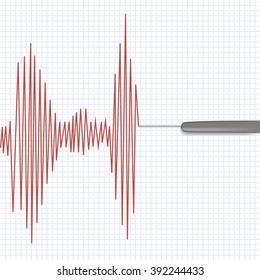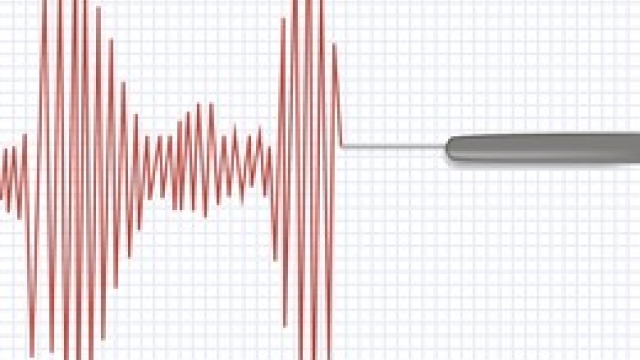
In a world where truth and deception often dance a delicate waltz, lie detector tests stand as a formidable tool in unmasking the veils of dishonesty. Also known as polygraph examinations, these tests serve as a means to detect physiological changes in individuals when faced with probing questions. The science behind lie detectors is rooted in the idea that lying triggers subtle yet telling reactions in our bodies, which the test measures to determine the veracity of one’s statements.
1. How Lie Detector Tests Work
Lie detector tests, also known as polygraph tests, measure physiological responses in individuals when they are asked a series of questions. The basic premise behind lie detector tests is that when someone tells a lie, their body exhibits signs of stress or anxiety, which can be detected through various physiological indicators.
During a lie detector test, the individual is attached to sensors that monitor changes in their heart rate, blood pressure, breathing patterns, and perspiration levels. These physiological indicators are believed to change when a person is being deceptive, as the body’s natural response to lying is often accompanied by increased stress and nervousness.
The data collected from these sensors is then analyzed by a trained examiner to determine patterns that may indicate deception. While lie detector tests are not foolproof and can be influenced by various factors such as anxiety or medications, they are still widely used in certain settings, such as pre-employment screenings or criminal investigations, as a tool to assess the truthfulness of individuals.
Accuracy and Reliability of Lie Detector Tests
Lie detector tests, also known as polygraph examinations, are widely used to detect deception by measuring physiological responses such as heart rate, blood pressure, and perspiration levels. The accuracy of these tests has been a subject of debate among researchers and experts in the field of forensic psychology.
Proponents of lie detector tests argue that when administered correctly by trained professionals, they can be a valuable tool in uncovering deception. However, critics point out that factors such as the subject’s physiological state, the skill of the examiner, and the validity of the questions asked can all impact the reliability of the results.
While lie detector tests may provide valuable insights into a person’s truthfulness, it is important to consider them as one piece of the puzzle rather than as definitive proof of guilt or innocence. Understanding the limitations and potential inaccuracies of these tests is crucial in interpreting results and making informed decisions based on the findings.
Ethical Considerations in Lie Detector Testing
Lie detector exam
When it comes to lie detector tests, there are ethical considerations that must be carefully weighed. One major concern is the potential for false results, leading to consequences based on flawed information. This raises questions about the reliability and accuracy of such tests in determining truthfulness.
Another ethical dilemma is the invasion of privacy that can occur during lie detector testing. Subjects may feel exposed or vulnerable during the process, especially if personal questions are asked. It is crucial for examiners to handle confidential information with utmost care and respect for the individual’s rights.
Furthermore, the use of lie detector tests in certain situations, such as employment screening or criminal investigations, can raise concerns about discrimination and fairness. It is important to ensure that such tests are administered in a non-discriminatory manner and that the results are interpreted cautiously to prevent unjust outcomes.

